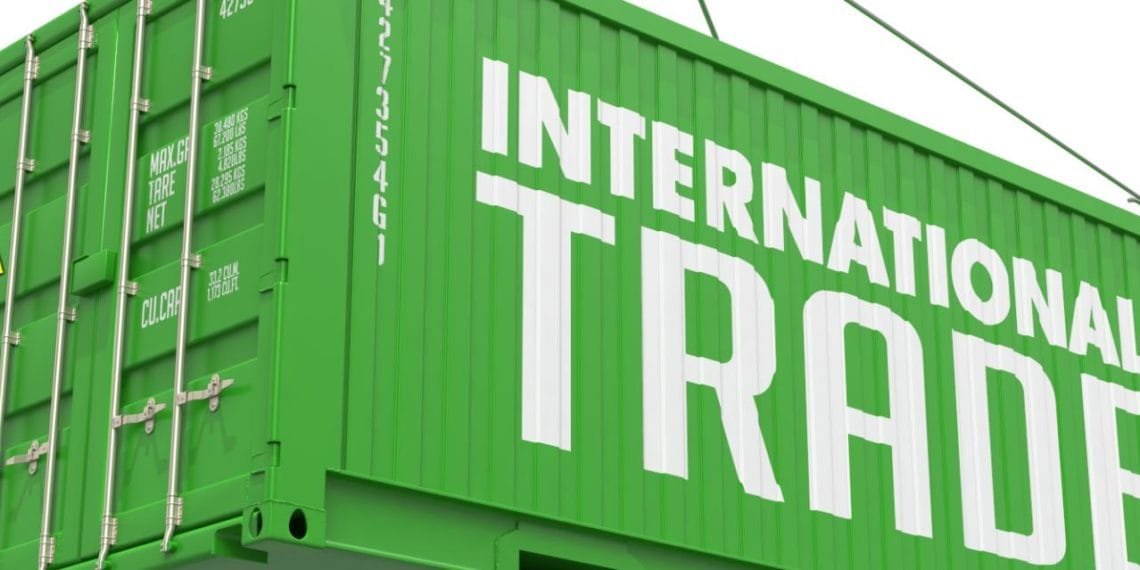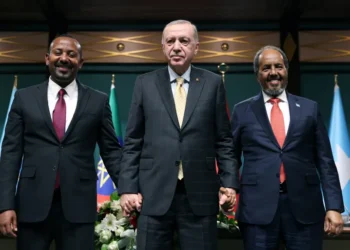Maximiliano Mendez-Parra, a senior researcher at the ODI has revealed that the continent can achieve a greener AfCFTA. According to him, this is possible if governments on the continent adopt proactive environment-friendly policies. He indicated that countries must also enforce environmental standards to achieve this.
The trade economist revealed this at an event organized by The Economic Commission for Africa (ECA) in collaboration with the Overseas Development Institute (ODI). The theme for the virtual event was ‘building back better through greening the AfCFTA’. Mendez-Parra Mendez-Parra Mendez-Parra
“Trade in Africa will play a decisive role in the continent’s transformation and climate change action should not restrict it. The AfCFTA can increase resilience to climate change”.
Opportunities and Challenges of the AfCFTA
Mendez-Parra said opportunities abounded to produce environment-friendly goods and services liberalization, harmonize and strengthen environmental standards, incentivize and facilitate. He added that it will also help the diffusion of green technologies as well as promote and facilitate green investment.
Despite the opportunities, Mendez-Parra identified what he called “significant roadblocks” constituting barriers to climate action. Some of them include limited understanding of climate risks, lack of supportive policies, and finance. The panelists asserted that while it contributes the least amount to the global greenhouse gas emissions, Africa bears the largest impact.

Meanwhile, Panelists at the session, include Fatima Denton, Director of the Institute for Natural Resources in Africa at the United Nations University (UNU-INRA). Juliette Koudenoukpo, Director and Regional Representative for Africa, United Nations Environment Programme (UNEP) was also in attendance. Others include Robert Hamwey, Economics Affairs Officer, UNCTAD; and Dominic McVey, an ODI Director. ATPC Coordinator David Luke moderated the event.
Research on Trade and Climate Change
Also, the webinar was part of a wider partnership between ECA and ODI to assess the trade and climate change nexus in the context of the AfCFTA. The partnership includes two dedicated research publications. These include “Mapping the climate and trade nexus in a context of economic fragility” and “African trade strategies in a climate constrained world”.
The partners expect this research to help support advocacy efforts for mainstreaming climate change considerations within the remaining AfCFTA process. This includes phase II and III negotiations, national-level implementation. It will inform a common African position on discussions at the World Trade Organization (WTO).
About the AfCFTA
The African Continental Free Trade Area (AfCFTA) provides an opportunity for Africa to create the world’s largest free trade area. it also has the potential to unite more than 1.2 billion people. The trade bloc has an estimated Gross Domestic Product of more than $2.5 trillion. Experts say the AfCFTA has the potential to usher in a new era of development. Trading under the pact commenced on January 1, 2021. This was after a year of postponement for six months as a result of the COVID-19 pandemic. The ECA, through ATPC, works with the African Union Commission (AUC) and member states of the AU to deepen Africa’s trade integration.it also helps to effectively implement the agreement through policy advocacy and national strategy development. The European Union (EU) provides the financial support to champion this course.
READ ALSO: GES Directive to Achimota to Admit Rastafarian Students, A Rush Decision- David Acheampong





















